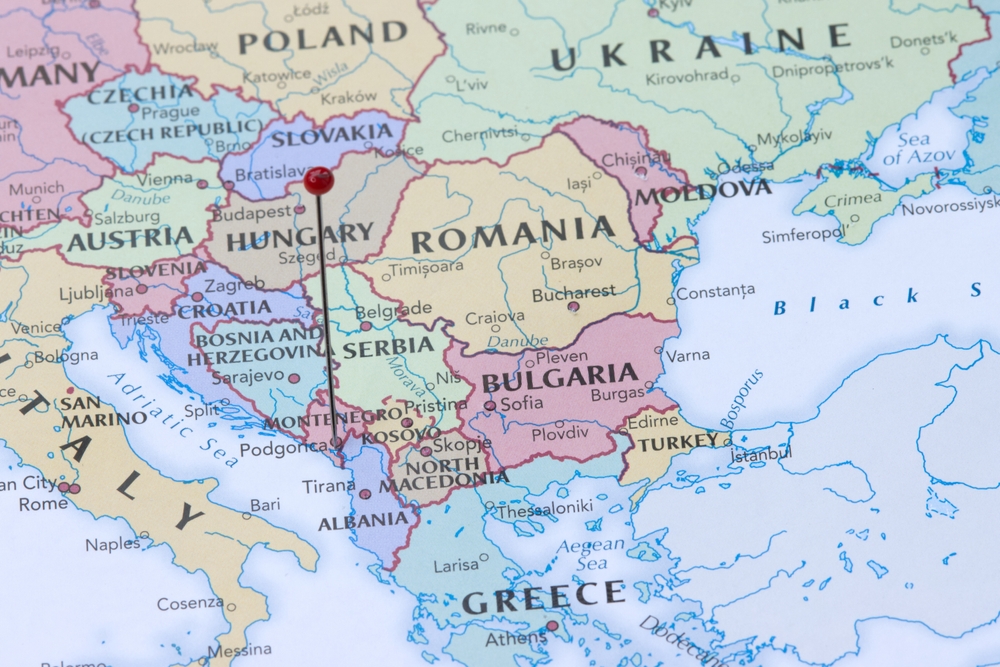
Census in Montenegro: Serbs’ chance in the struggle for identity
President of Montenegro Jakov Milatović said that the census in the country will be held from 1 to 15 November which is according to him just a “statistical moment”. Meanwhile, Montenegrin Serbs saw in the announced event a “moment of truth”, because Montenegro has always been a Serbian land, and the name “Montenegrin” refers not to nationality, but to the designation of geographical belonging of the inhabitants of the region. The attempt to eradicate everything Serbian was part of the policy of Milo Đukanović and his Western partners, who sought to segregate the seaside region from the “Serbian world”.
In Montenegro, the census is a national and political issue. The last census in Montenegro was conducted in 2011, and it recorded only 178,110 people, with 28.73 % of the total population, as Serbs. After 2006, following a controversial referendum, Montenegro gained independence and Serbs were “excluded” from the Constitution. The country’s leadership, led by Milo Đukanović, then did everything to generate a new, “Montenegrin” nation. Montenegrin language appeared, and the Montenegrin Orthodox Church was registered, which tried to displace the Serbian Orthodox Church, which was for more than a thousand years in the territory, internationally recognised and representing the “majority church”.

Today, Serbs in Montenegro believe that the census was conducted with numerous irregularities and that the Đukanović government deliberately underreported the figures. Unsurprisingly, having been left out of the presidency, Milo is now doing everything he can to derail the upcoming census: obviously, years of lies will be exposed, and returning Serbs to real power in their lands could be fraught with legal action for the “last dictator of Europe”. In an attempt to argue his opposition to the census, Đukanović is inventing scary stories about the desire to “sully” Montenegro and destroy its national identity and statehood.
Montenegrin Serbs had a number of hopes when Jakov Milatović came to power. But although the outspoken Euro-Atlanticist is trying to play a more compromising role than Đukanović, his passages on the census do not inspire much hope. Milatović urged not to politicise the topic and not to mention it at all.
However, realising that the unification of the Serbian people artificially divided on their own lands may well begin just by the results of an honest and open census, Montenegro’s creators from Brussels have also actively joined the fight. The European Parliament has adopted a resolution on Montenegro, which, among other things, proposes to postpone the event. It is interesting, however, that the country’s ethnic Albanian Prime Minister, Dritan Abazović, has come out in favour of the census, without agreeing to its postponement or cancellation.
The new government of Montenegro, together with the parliamentary majority, has already proposed to postpone the census for a whole month, as announced by the leader of the Europe Now movement, Milojko Spajić. According to Spajić, the census will be postponed for the sake of gaining “absolute legitimacy” for the process. Apparently, the “legitimacy” of the census is set by the directives of Brussels, which has once again managed to bring a controlled pro-European majority to power. Unfortunately, this situation will again deprive Montenegrin Serbs the hope for national revenge through an open democratic process.

